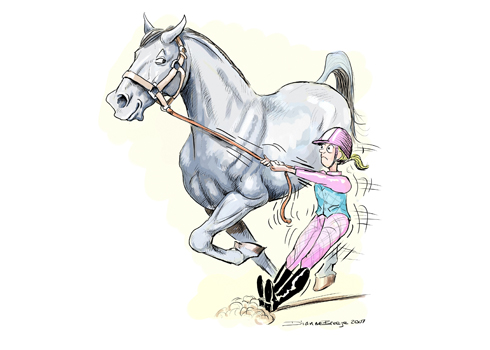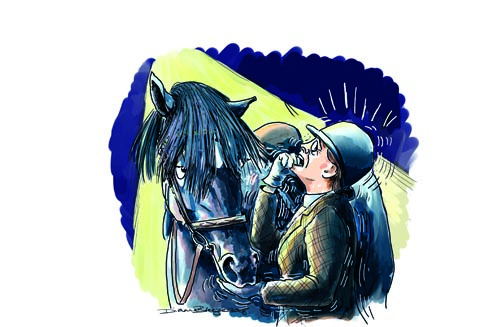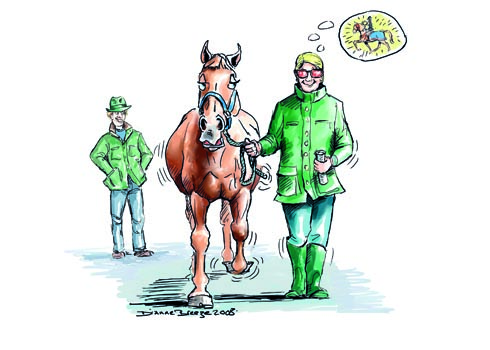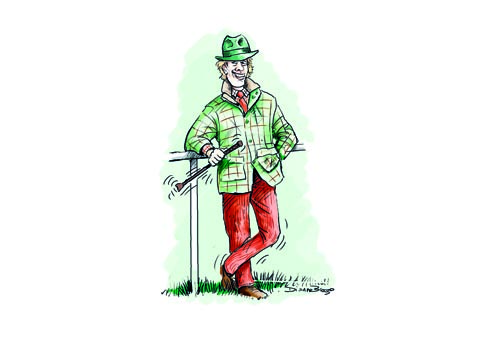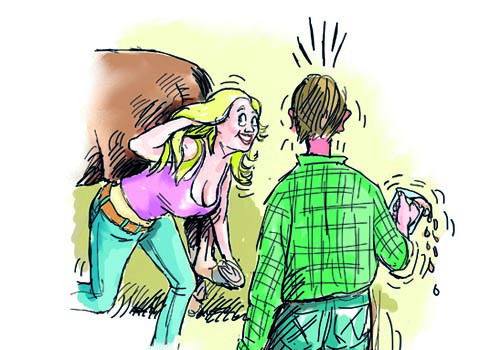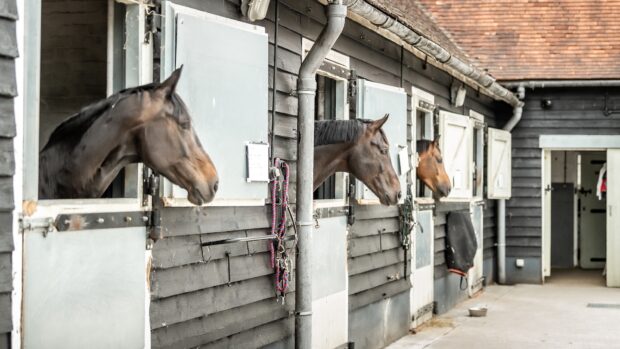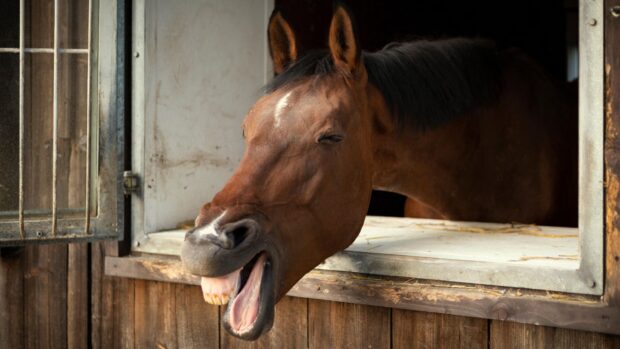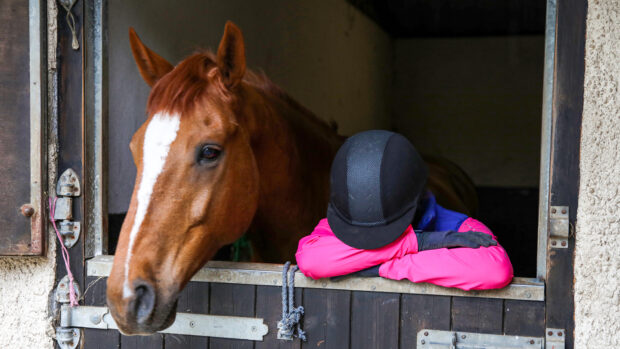There are certain types of people that seem to crop up on every livery yard — from the know it all to the pushy parent. How many do you recognise from this list?
1. Know it all
This terribly helpful person will tell you which rug you should have put on your horse last night, what bit/saddle/trainer/therapy would transform your riding, and what you really ought to be doing with your horse. All of this insight, oh so thoughtfully, will be delivered to you well before you’ve even considered asking for it.
2. Ever so slightly over-horsed
They’ve bought an equine that was once shortlist for the British team as a schoolmaster, and acquired a five-year-old from Germany so they’ve something to move on to (because, having had a busy life, despite his six-figure price tag, said school master is not the soundest). Unfortunately, this owner can’t ride either of them. Both animals, having only ever been ridden by professionals, don’t have a clue what this new rider is asking of them and have opted to do what they jolly well please instead.
3. The (non) rider
They arrive in breeches every day and, not for want of time, are yet to be seen on a horse. They’ll watch the trainer ride him, they might lunge, and they’re likely to school in hand (quite possibly with a carrot and a bag on a stick). Not wanting to suggest these aren’t terribly worthwhile activities… but isn’t it questionable logic, to choose to buy a riding horse if you don’t want to jump on at least occasionally?
4. On the bench (foot tapping)
This rider, on the contrary, is desperate to ride. They just can’t, because the horse is on box-rest. Again. Just when they’d got over one ailment and cracked on with training (with gusto), it goes and busts another leg. Go figure. They changed vets, again, so that might help. Meanwhile they sigh in the tackroom, bemoan that you are riding again, twitch, and read up on the latest treatment to get the horse back in the ring. Because the season’s already started/will be over shortly.
5. Pushy parent
You won’t get a look in down at the arena this month because Pushy Parent’s offspring has lessons booked in there after school every other day. They’ve bought said child’s “Rio prospect” and have been in touch with Carl Hester/William Fox-Pitt/One of the Whitakers about her being the next Charlotte Dujardin/Laura Collett/Scott Brash. Disappointingly, the prodigal child is more interested in going out on Saturday night than getting up at four on Sunday. No matter though, since Pushy Parent will do the plaiting for them.
6. Pain in the derrière
Lost your girth/hoof pick/wheelbarrow/turnout rug? Per chance, could P.I.T.D have borrowed it and forgotten to put it back? Not that you need the girth, since they’ve booked a lesson in the school at the one time you would otherwise have been able to ride — and it’s dark, so hacking’s out. Her feed delivery then blocks you from leaving the yard when you’re rushing for a train. Deep breath and count to 10.
7. Sleazy other half
Rather sexist comment alert — he’s usually male. You tend to be able to avoid him (he shows little interest in his partner’s riding hobby) but there are instances such as the yard Christmas party/fancy dress gymkhana, where he’s bound to make an appearance. Then there are the other occasions (usually sunny) where he’ll happily come and watch the younger yard members schooling in their vests/bikinis — at which point he may be heard uttering such creepiness as: “What a fine filly. And the horse is not bad either. Gaffaw, gaffaw.”
8. Trainer groupie
In the interests of equality — she’s usually female. She wears make-up at the yard once a week, on the day her trainer comes to school her horse. If he’s riding the horse, she’ll lean over the fence as he trots past — her top low cut and arguably a size too small. When in the saddle, she hangs off his every word — and every word will have an accent, whether it’s Irish, mittel-European or just plain affected. She makes no progress, but lots of eyes.
9. The overachiever
Their superstar horse cost the down payment for a house and doesn’t put a foot wrong out competing every weekend. His rider can actually ride him, too. They’re outgoing, good-looking, sporty and will shortly have to give up the ride to take their place at Cambridge/that job with Apple in New York. You’d happily despise them if they weren’t so bloody nice — not that you get to talk much since they’re always dashing off on Saturday by 11am (having gone double clear in the local newcomers first thing) to knock up lunch for 20 or finish the fundraising proposal for saving every donkey in Gambia.
Does being stared at in the supermarket after riding sound worryingly familiar? Take a look at our list of 10 things that only happen to horse owners
Enjoyed reading this? Try other highlights from Horse & Hound



